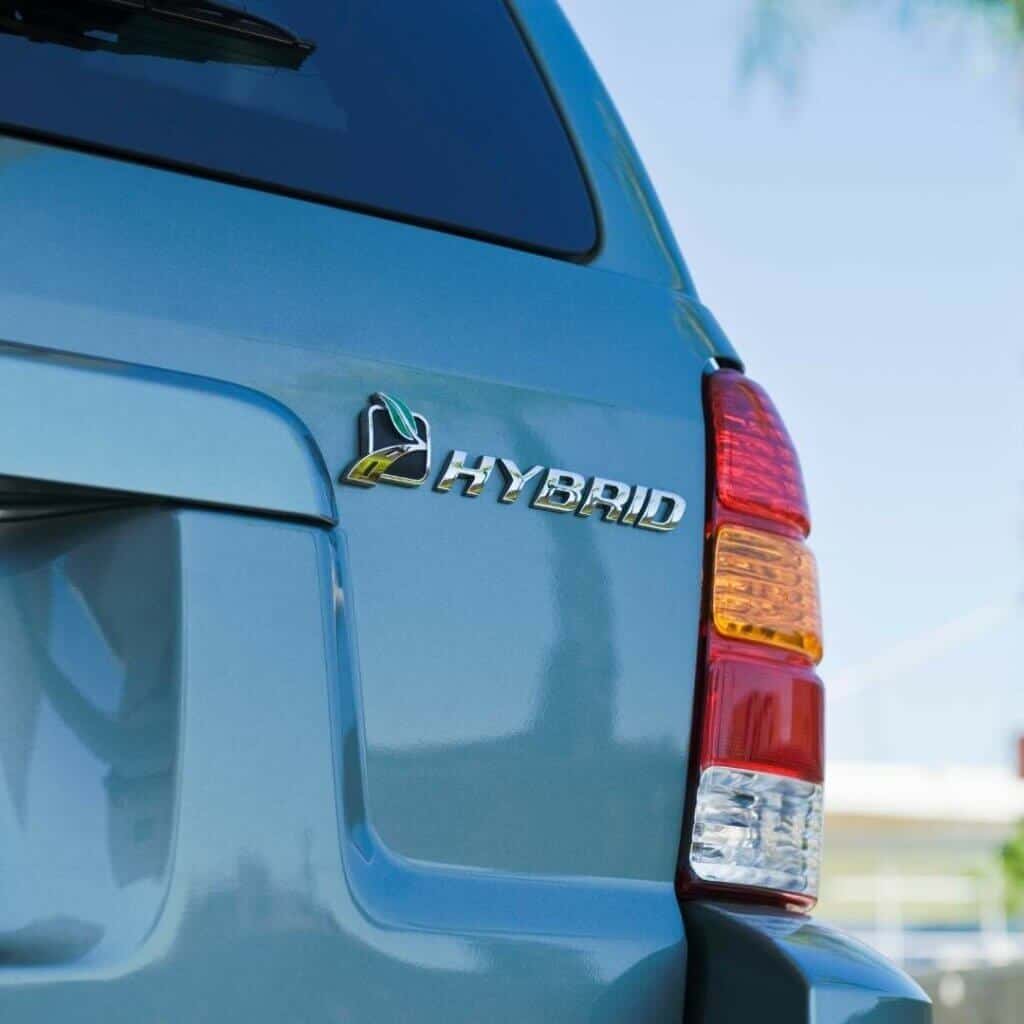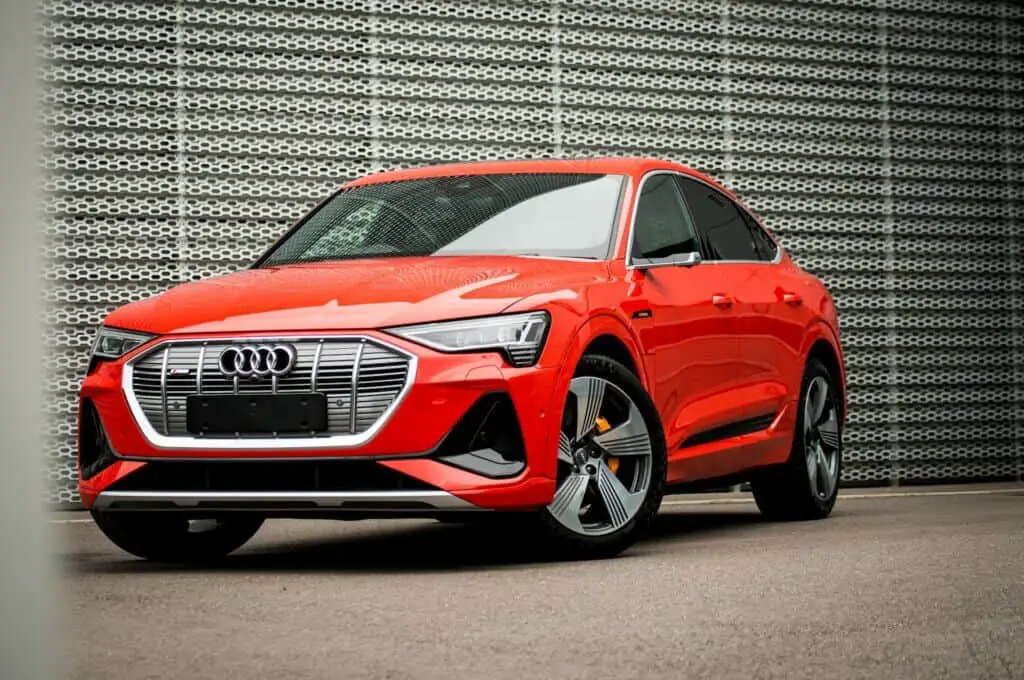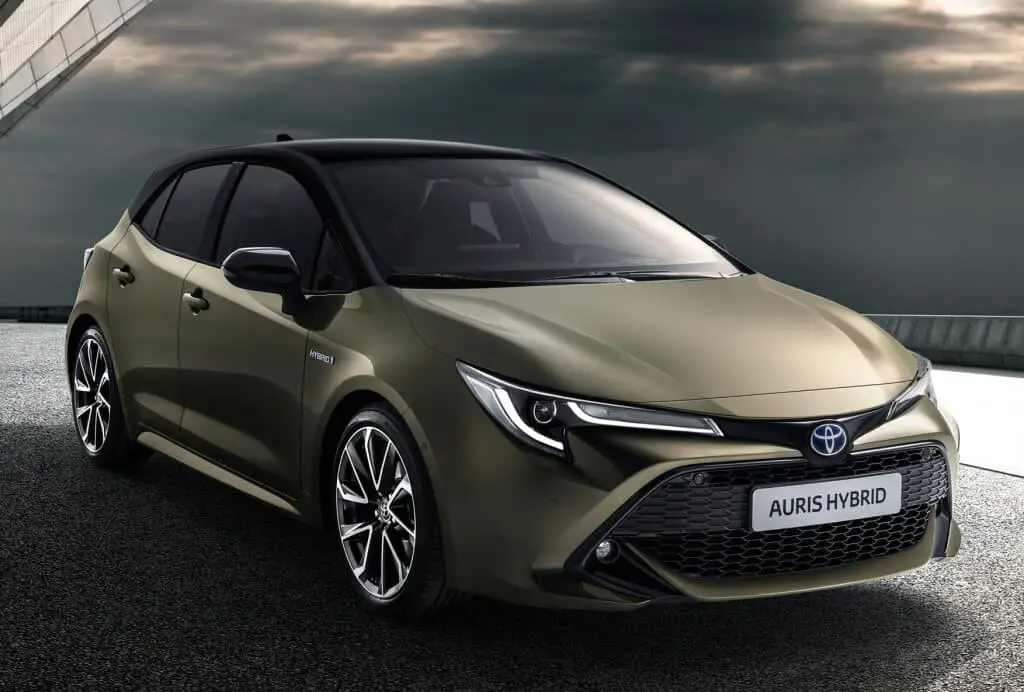When you think of reliable cars for long distances, do hybrid cars even come to your mind? They are increasingly gaining popularity in recent years. But are hybrid cars good for long distance driving?
Maybe you are at the point where you are thinking about getting your first hybrid car, or maybe you already got one. Either way, some problems are common for all hybrid vehicles. And here, we will list all possible problems that may occur on long mileage trips.
Are Hybrid Cars Good for Long Distance Driving?

To determine if your hybrid vehicle is the right car for a long trip, you must check the model and the car’s make. The model and make of every hybrid vehicle are different. It is common for a hybrid vehicle to use only its electricity for the initial 10 to 50 miles, after which it will switch to gas.[1]
The gas engine can let you go more than 300 miles, although this depends on how you drive and the size of the car tank. Some models could be drived on gas only.
So, one charge and a full fuel tank can take anywhere from 310 to 350 miles before you recharge or refuel your vehicle, which is important to get the most out of your car.[2]
Your hybrid vehicle can comfortably take you on long-distance trips! Because it has both an electric engine and internal combustion energy that uses gas.
But then you have to bear a few things in mind. A hybrid vehicle is more efficient if you keep it under 50 mph. That means city driving will serve you better than race track driving. It is important to remember this if you are planning on embarking on a long-distance trip.
Another thing to consider is to ensure that your tank is full and your car is fully charged before you begin your trip. As long as your hybrid vehicle can contain your supplies and make you and your family or friends comfortable, there is no reason why you should not use your hybrid car for the trip.
Hybrid or Diesel for Motorway Driving
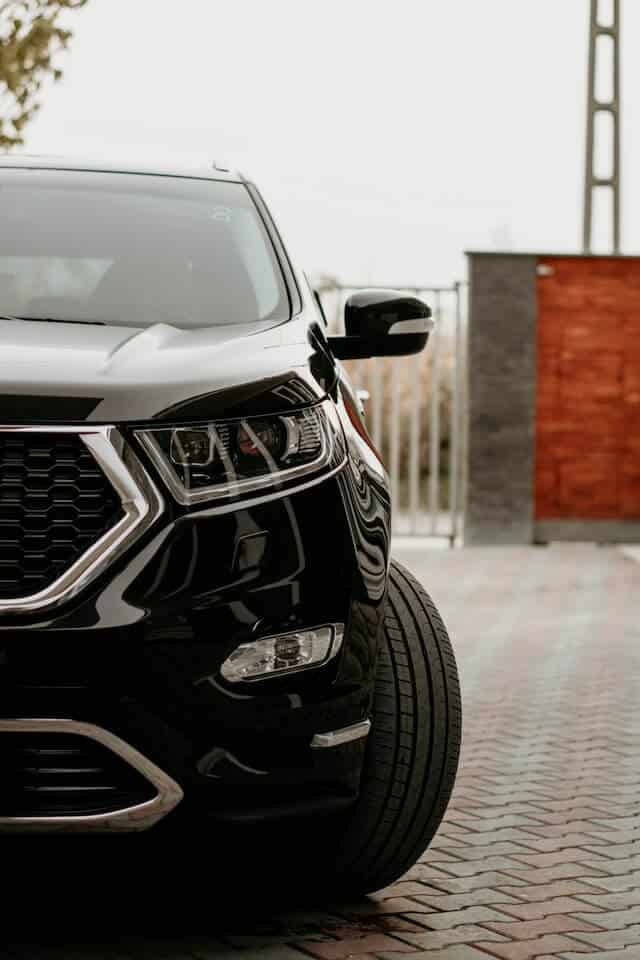
The world is developing, and there is an improvement in the level of technology available, and with this technology comes the introduction of electric and hybrid vehicles. This has expanded the choice of drivers.
They can now choose if they want an electric vehicle, a hybrid vehicle, or any of the conventional vehicles. Each of these vehicles has its disadvantages and advantages, so for many, it is hard deciding on the one best suited for motorway driving.
Diesel
If you have been following the news on climate change and greenhouse gases, you will know that diesel cars have been drawn into the conversation. The use of fossil fuels by diesel cars is said to contribute to the deterioration of the environment.
The fact is that contrary to media reports and analysis, gasoline-powered vehicles are not the environmental villains that the media is making them out to be. Technological improvements have helped vehicle manufacturers improve the emissions diesel cars release. The newer models of gasoline-powered vehicles now emit less gas than the older versions.[3]
More so, diesel vehicles are tested and trusted vehicles for long-distance driving. They give you fair value for your money and power your vehicle for long periods without issues.
Servicing gas vehicles can be expensive and increase car maintenance costs for all these great qualities.
Pros
- It doesn’t require much maintenance.
- It has very powerful engines.
- It gives you superior MPG, and it’s more efficient.
Cons
- The focus of emission regulations.
- Expensive servicing
- Increased upfront cost
Hybrid
If you are impressed by new technology and concerned about the environment but worried about the durability and performance of electric vehicles, you can switch to hybrid vehicles. Not only is it more environmentally friendly, but it gives you the option to use diesel. However, you need to know that hybrid cars have their problems.
Hybrid vehicles are perfect for you if you are fond of city driving. Although they can go long distances, it is best suited for city driving. You must find somewhere to recharge regularly if you travel a long distance with your hybrid vehicle. Like other types of vehicles, it has its pros and cons.
Pros
- More eco-friendly
- Decreases running costs
- It gives you an alternative to using gas
Cons
- It is expensive to maintain
- Higher upfront costs
- Contributes to CO2 emissions
What Type of Driving Is Best For a Hybrid
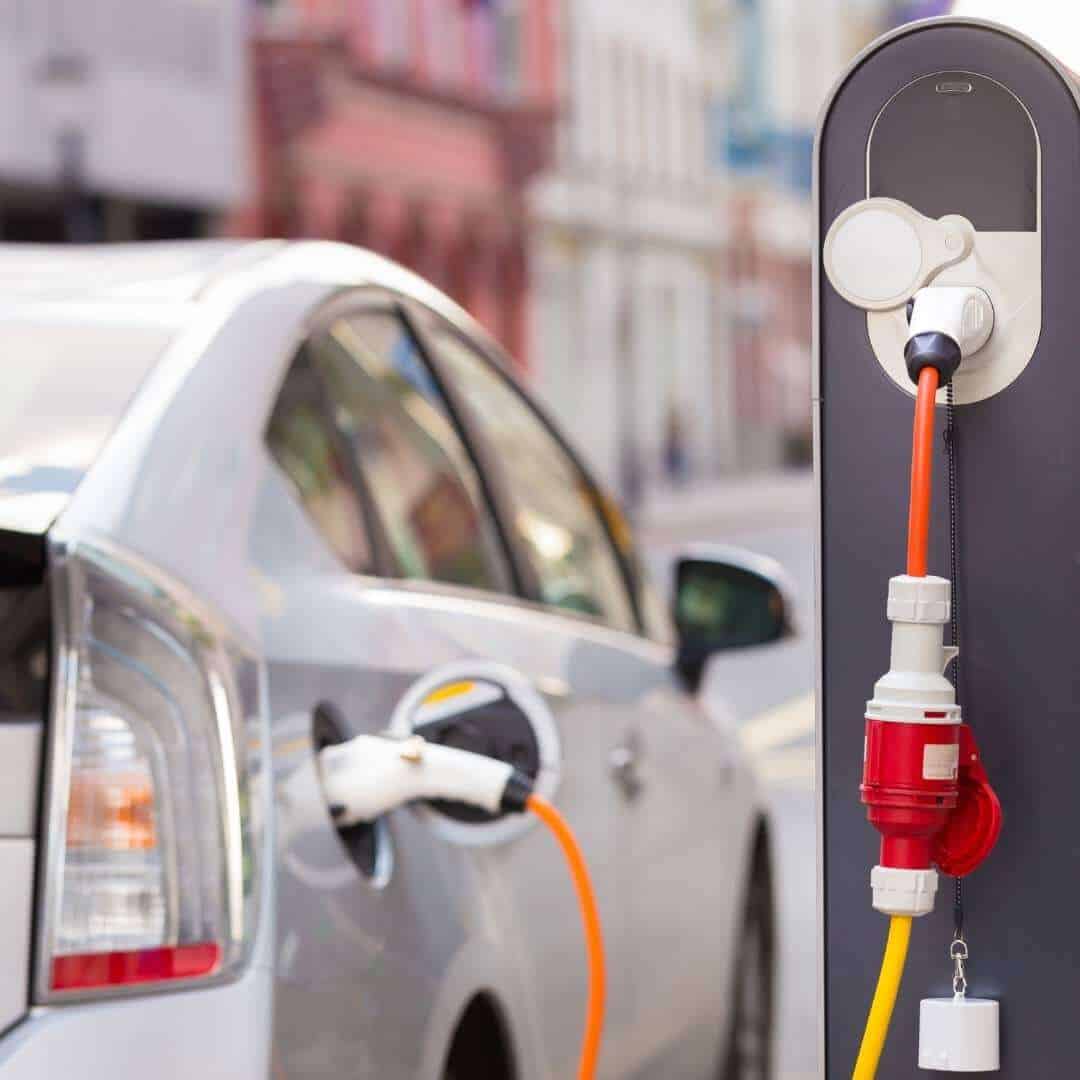
For owners of hybrid vehicles to get the best out of their cars, there are certain guidelines they need to follow.
- Always ensure that your car is in EV mode.
- Brake gently.
- Reduce the use of wipes, wipers, and Air Con.
- Understand the Hybrid information display to better monitor your energy consumption.
Hybrid vehicles operate in different modes. Toyota hybrids have a total of four modes, namely, Normal, EV, Eco, and Power modes.[5]
The normal mode comes on immediately after you start your hybrid vehicle. This mood is designed to manage both the battery and the engine efficiently. Drivers can also go to the settings and pick any vehicle’s on-demand drive modes to conserve fuel.
A driver can pick the EV mode, where the battery only powers the vehicle during city driving. In this mode, the car runs silently and makes no emissions.
The Eco mode is helpful because it decreases throttle response to reduce harsh acceleration and minimizes AC output.
Lastly, we have the Power mode, which increases acceleration using the hybrid battery to support the petrol engine.
Hybrid vehicles also contain shift levers, and they are in four positions;
- R (Reverse)
- N (Neutral)
- B (engine braking), and
- D (Drive).
These levels are pretty straightforward. The Drive position can be applied when you are going for normal driving, and if you find yourself going down a steep hill, you can use the B gear (engine braking) Position.
However, keeping the car in the B position is advisable if you are going for normal driving, as this will help you conserve more fuel.
Which Hybrid Car Is Best For Long Distance Driving?
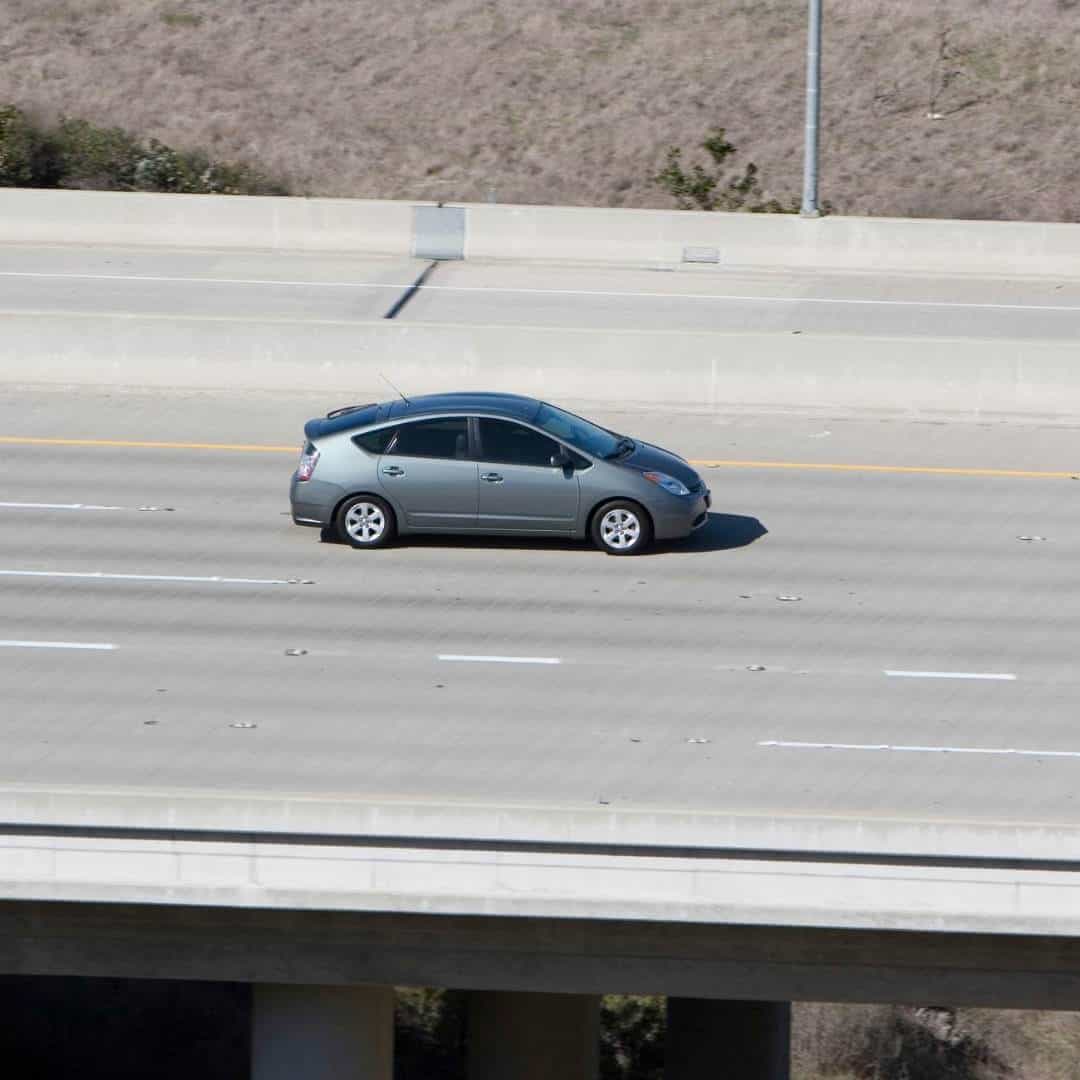
Hybrid vehicles are getting more popular and common in the US and other parts of the world, and if you are considering acquiring one, there are numerous factors you need to consider.
One of these factors is how dependable the vehicle will be for long-distance trips. All men may have been created equal, but not all hybrids were. Some hybrids perform better than others on long-distance trips.
You may be looking to acquire hybrid vehicles in the future, so to help you make a more informed choice, let’s highlight three popular hybrid vehicles and how well they perform on long-distance trips.
- Toyota Prius
This is a very common hybrid vehicle. It is generally accepted and widely used not just because it conserves fuel but because it also possesses a large trunk which comes in handy for long-distance trips. However, the Toyota Prius makes lots of noise on the highway.
- Honda Accord Hybrid
If you want a quiet hybrid vehicle that conserves fuel, you should consider the Honda Accord hybrid. It provides a comfortable ride, and its gas mileage is impressive. On the downside, the Honda Accord hybrid is much smaller than a Prius, so it may not be the ideal vehicle for families to use for long-distance trips.
- Ford Fusion Hybrid
A hybrid vehicle that embodies the better features of the above hybrid vehicles and improves on their downsides is the Ford Fusion Hybrid. This car is quiet on the highway, has a roomy interior, and has great gas mileage. What’s more? It’s one of the least expensive Hybrid vehicles.
Getting the best hybrid car for your long-distance trip depends on your preferences and needs. However, the Ford Fusion Hybrid, the Honda Accord hybrid, and the Toyota Prius are great long-driving options.
How Far Can a Hybrid Car Go Without Gas
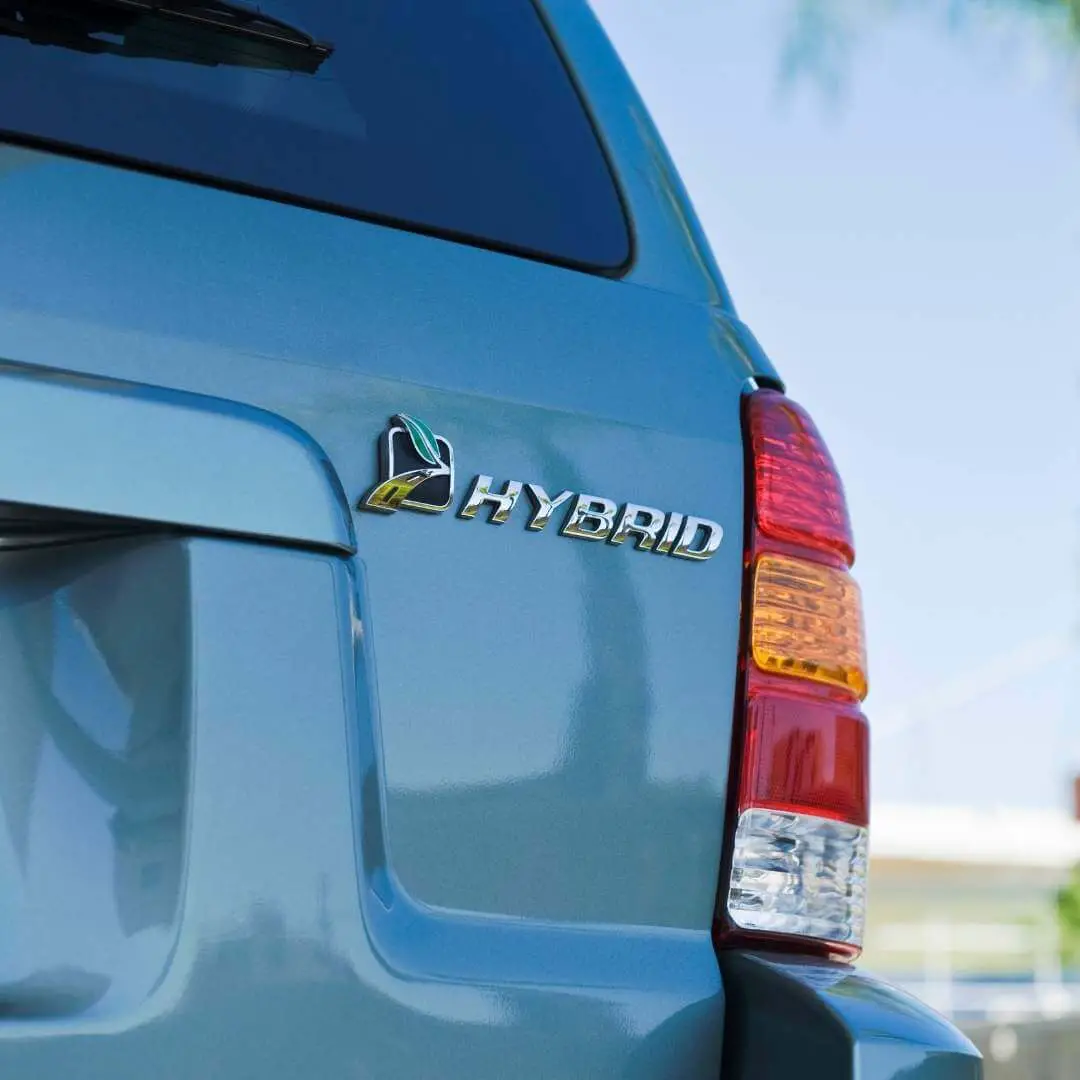
The distance a hybrid vehicle can go without gas depends on the make and model of the car you are using. It is hard to see a hybrid vehicle that can travel up to 50 miles with just electric power.
The Toyota Prius at 40 miles boasts the highest miles a hybrid vehicle can travel before the gas engine takes over. Other hybrids, the Ford Fusion Hybrid inclusive, can only go for about 20 miles using electric power.
The Chevrolet Volt is a hybrid that is powered by electricity. This amazing vehicle can reach 40 miles on a singular charge.
Each hybrid vehicle comes with its battery charge level. So, you need to be careful and monitor the energy level of your car to know when you have to recharge your battery or fill up your gas tank. This may seem inconvenient, but it reduces CO2 emissions and saves the planet.
Because each hybrid is a separate model and make, it is hard to specifically say how long a hybrid vehicle can move with only electricity. On average, hybrid vehicles use just electricity for the initial 10 to 50 miles. After which, they switch to gas. But if the size of your tank is large and your driving style is conservative, you can reach up to 300 miles or more.
So, when you combine both engines, you can travel for about 310 to 350 miles on average with just one charge and a tank full of diesel.
Related: Pros and Cons of Hybrid Cars
Final Thoughts
With the amazing and ever-improving developments in hybrid technology, hybrid vehicles are not just for city driving and traveling under 50 mph. We have seen that a hybrid vehicle that is fully charged and has a full tank can take you up to 350 miles.
However, there have been a few challenges for hybrid vehicle owners who like to engage in long-distance trips. One of the challenges is that it’s not easy to see a hybrid car mechanic without a breakdown.
Secondly, they might not come into contact with any charging stations. However, these challenges can be remedied by studying the routes you intend to take and using your vehicle brand’s hybrid Auto Service Center.
Read Next: Toyota Yaris Cross Problems

